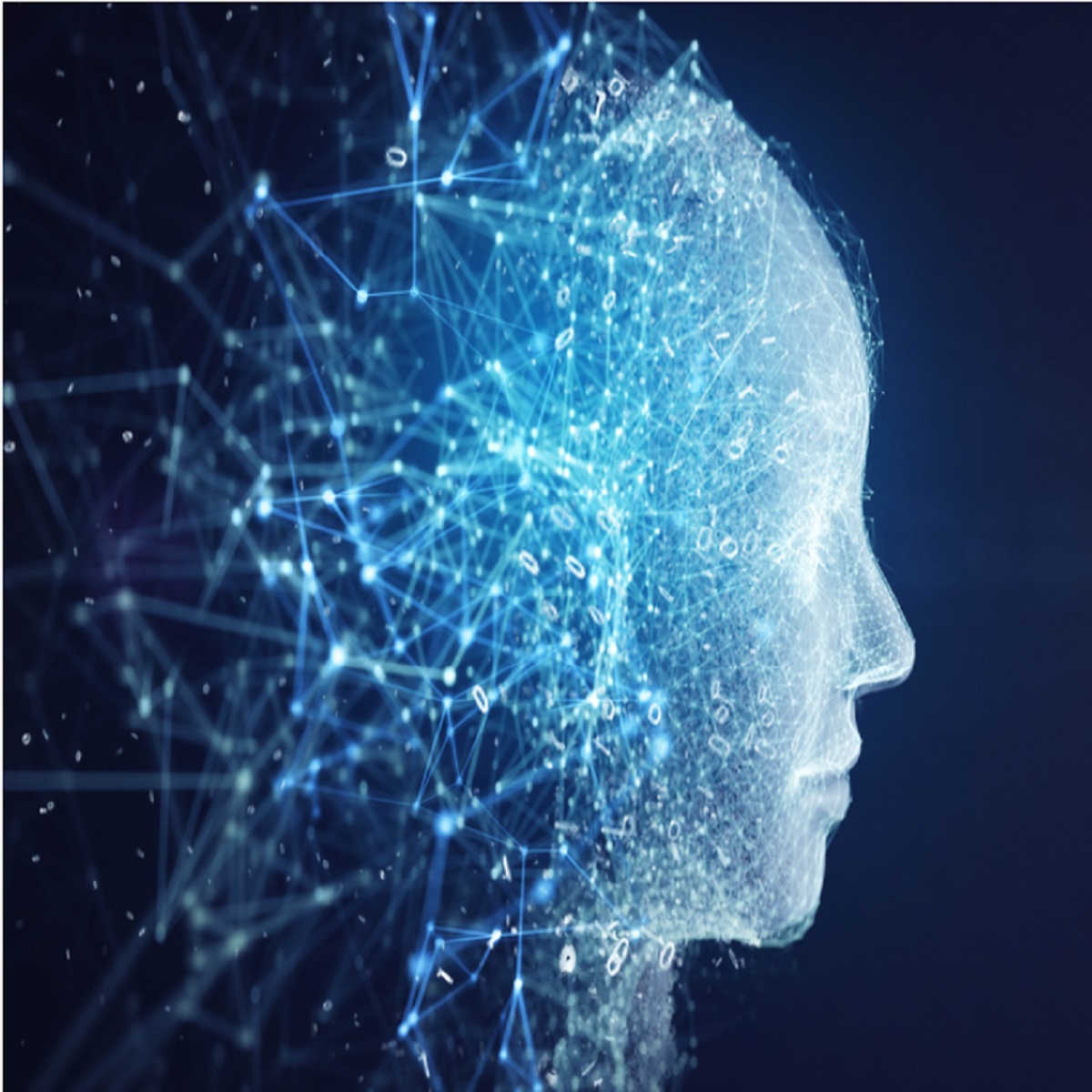AI is more than ChatGPT

Artificial Intelligence, or AI, is a combination of computing platforms and programs that emulate human thought processes for making decisions and solving complex problems. The technology behind AI is much more than GenAI (i.e., applications like ChatGPT or CoPilot). While ChatGPT is a popular example of AI because it simulates conversations with people, AI itself includes many other technologies and applications that can be used to explore research data. Other terms that may be used with AI, but have subtle differences, are Machine Learning (ML), Deep Learning (DL), and Large Language Models (LLMs).
Using AI to Explore Your Data
AI can be used to explore research data by employing sophisticated algorithms to analyze vast datasets efficiently and accurately. Through machine learning techniques, AI can identify complex patterns, correlations, and trends that might be overlooked by human analysis. This enables researchers to generate new hypotheses, validate existing theories, and uncover novel insights. For instance, in medical research, AI can sift through millions of patient records to discover potential treatment effects, predict disease outbreaks, and personalize patient care. Additionally, AI-powered tools can automate data collection, organization, and visualization, thereby streamlining the research process and allowing scientists to focus on interpreting the results and advancing their fields.
How RC can help you
| Available Platforms |
For AI algorithms to perform efficiently, they should run on computers with graphics processing units (GPUs). Although GPUs were originally designed to process images, their ability to process thousands of mathematical computations makes them ideal for simulating the relationships within your data.
Research Computing has many GPUs available on our standard cluster (i.e., Rivanna/Afton) and on our high security systems (i.e., Ivy/Rio). Access to the GPUs on Rivanna/Afton is available at no cost to all researchers with an allocation. For those who have been provisioned on our high security systems, the GPUs are available at no additional cost.
If you are writing a grant proposal for research where you will be using GPUs, you can include our facilities statement to describe the resources available to you.
|
| Available Software |
RC has a variety of AI software packages installed on our standard and high security systems. These packages were built to use the GPUs on our systems. However, you will need to ensure that you are running the software on a compute node that has GPUs available. For many of the packages, you will need to customize the software to work with your data.
RC does have a team of consultants who can help with these tasks. To request assistance with using AI software, please submit a support request form.
|
| Available Workshops and Tutorials |
RC conducts workshops on how to use our platforms and software. The workshops tend to be offered at the start of each semester. You can check on upcoming workshops here.
Many of our previous workshops have been converted to tutorials. You can find several of the AI tutorials here. A good starting point for someone new to AI is the tutorial Machine Learning for Python.
|
| Available Support |
RC provides a variety of support options. You can submit questions to our ticketing system by filling out our Support Request Form.
RC also has virtual office hours on Tuesdays and Thursdays. The times and Zoom links are available on our Support Options webpage.
Finally, you may request a consultation or collaboration through the Data Analytics Center (RC-DAC@virginia.edu). You can even discuss with us the possibility of writing into your grant proposals support from one of the DAC team members.
|
The UVA library has great information about GenAI.
Plus, any member of the UVA community (i.e., an individual with Netbadge capabilities) has access to Coursera For UVA) and O’Reilly books, where you can learn more about AI. Courses that you may want to consider are Bayesian Machine Learning from UC Santa Cruz, and any of the Machine Learning courses from Stanford.
If you prefer books, you could start with Machine Learning with PyTorch and Scikit-Learn by Sebastian Raschka, Yuxi Liu, and Vahid Mirialili, and Natural Language Processing with Transformers by Lewis Tunstall, Leandro von Werra, and Thomas Wolf.
|
AI